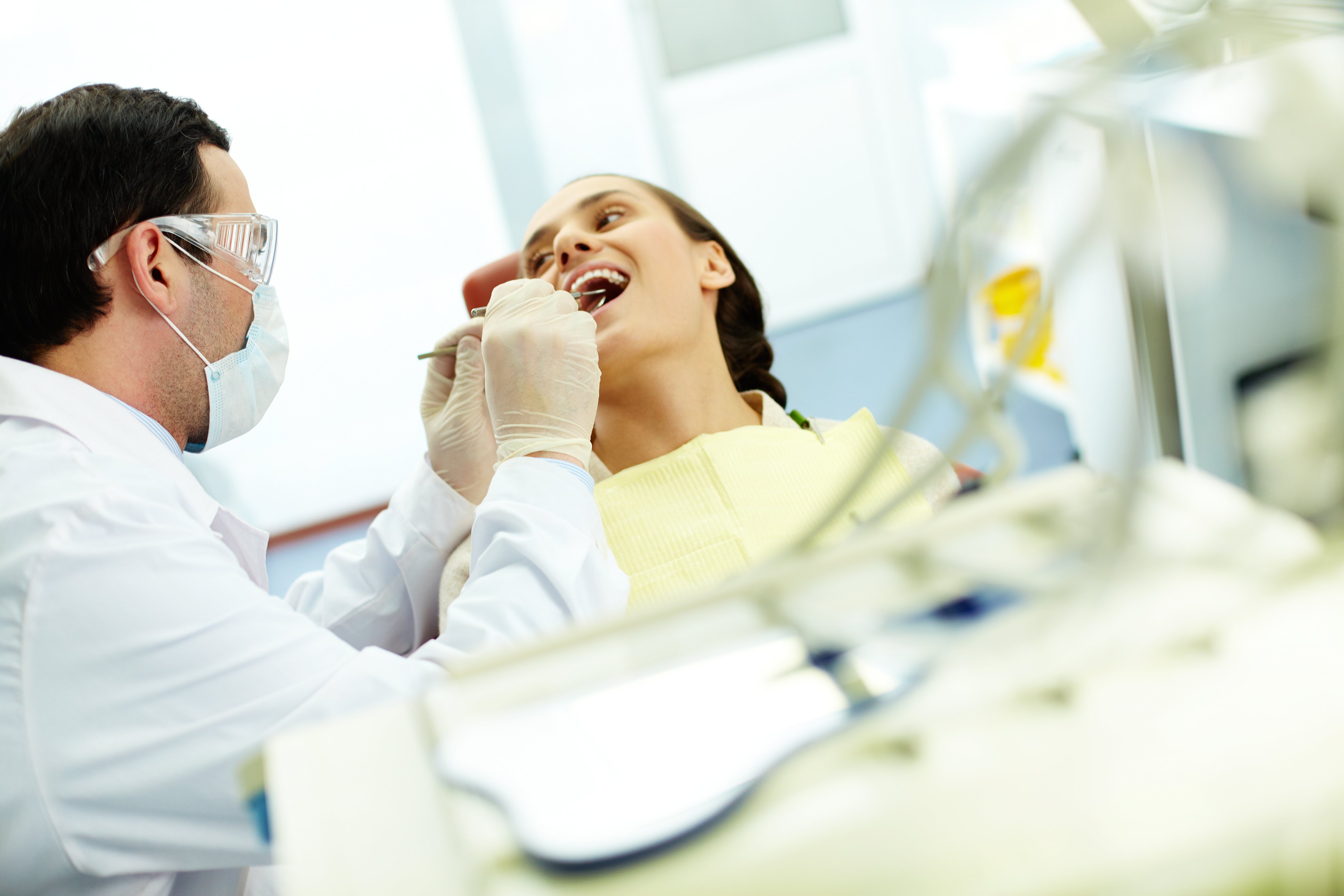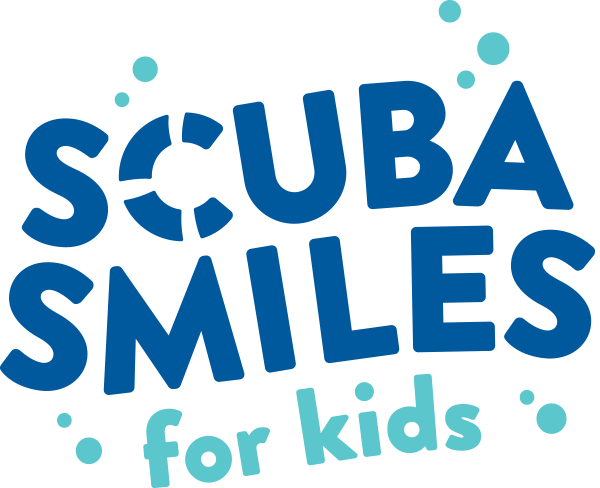So, the dentist just pulled out your wisdom tooth or you had all four wisdom teeth removed. Typically, it takes four days to a week for your mouth to completely heal after this procedure. However, each person is different and your recovery time may vary. The healing process depends where these teeth were situated in your mouth prior to the extraction.
WHAT ARE THE BEST FOODS TO EAT?
You are most likely feeling pain, swelling and bleeding after the surgery. It is crucial that you don’t impact the tender gums by eating hard foods too quickly. If you imagine what babies eat, then you’re on the right track! It’s best to stick to liquids and soft foods. Here is a list of food items that are easy to make and safe to eat after your procedure:
• Ice cream
• Applesauce
• Jello
• Mashed potatoes
• Smoothies or milkshakes
• Oatmeal
• Soup (Try not to chew the big chunks)
• Yogurt
• Hummus
• Scrambled eggs
• Bananas
• Avocados
• Salmon
WHAT HAPPENS IF FOOD GETS STUCK?
The food you eat can irritate the area where the surgery took place. If you eat spicy, crunchy or chewy foods, pieces can get lodged in the holes of the extracted area and that can lead to a dry socket, which can be extremely painful. Dry sockets are a condition in which the area that was supposed to clot is replaced by a piece of food. Your bone and nerves are exposed during this time. It can open the door to infection and severe pain.
“It’s critical you follow directions after surgery to ensure your mouth heals quickly. A few days of minor swelling is a far better option that an infection in your mouth,” said Dr. Jason Kboudi, Advanced Smile Care. “If you just got your wisdom teeth pulled, make sure you don’t brush or floss your teeth for at least 24 hours. Also, gently rinse warm, salt water in your mouth several times a day to help keep your mouth clean.”
TREATMENT?
Our dentists clean the area where your wisdom teeth were extracted, and place a medicated dressing in the hole. There may be additional medication prescribed, such as an anti-inflammatory drug, because your gums may be tender and your mouth in pain.
If the pain becomes severe after this procedure and you believe you have an infection, it is recommended that you immediately call your dental provider.



